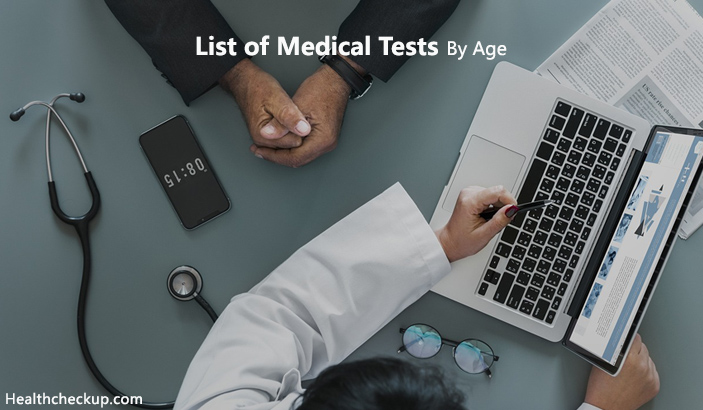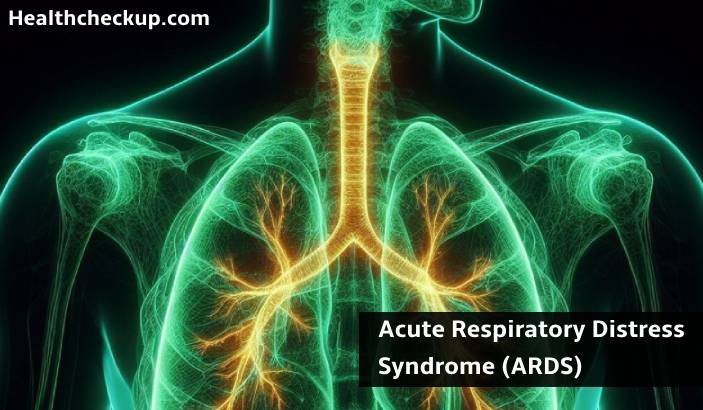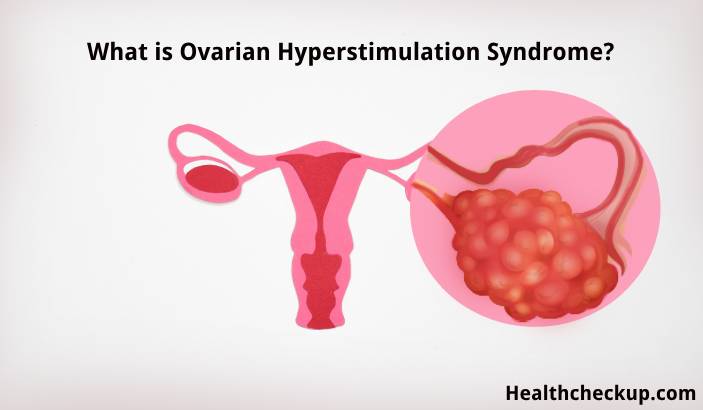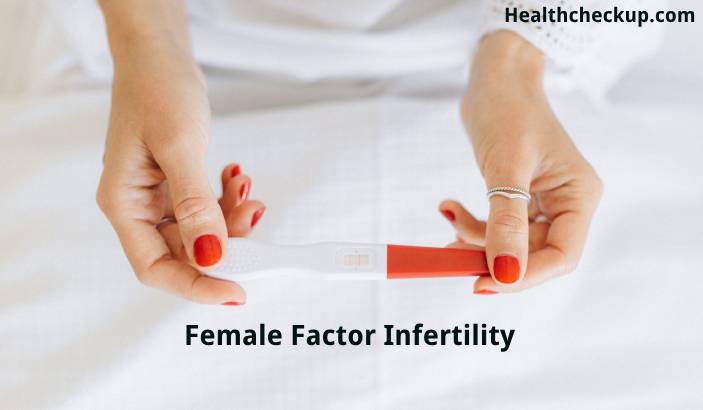Medical tests do not simply mean drawing out blood and receiving reports in hand. The concept of medical test has evolved over a period of time. In this 21st century, medical tests for human body focus on elaborate physical examination before advising some tests. Also, the doctor will ensure your mental and social health as well.
Why Do You Need a Medical Test?
You need to run a few medical tests each year because a majority of diseases like hypertension, diabetes, and hyperlipidemia do not show any signs and symptoms initially.
A list of tests may be run on your sample of blood or other body fluids either as a part of the screening or as a way to confirm a diagnosis and to assess health status by serial medical tests.
Another reason for doing medical tests or screening tests is because some diseases show subtle signs and symptoms. The gravity of their effect on our body can be assessed by medical tests. The list below will help you understand some basic medical tests recommended according to your age for both males and females.
Recommended Tests for New Born Babies (0-2 months):
1. Assessment of health of a newborn is done by Apgar score. Apgar score is a method to assess the respiratory, circulatory and neurological status of a newborn. Apgar score helps a physician to understand the overall condition of a newborn.
| Score | Interpretation |
|---|---|
| 8-10 | Normal |
| 5-7 | Moderate distress |
| Less than 4 | Severe distress |
A low Apgar score may indicate:
• Birth Asphyxia – Insufficient Oxygen
• Intrauterine Infection
• Congenital Malformations
2. Assessment of cyanosis helps a person understand if a baby has congenital malformations of the heart, pneumonia, infections, intracranial haemorrhage or blood disorders.
3. The first cry of a newborn helps to understand the respiratory status of a newborn child.
4. Recommended laboratory tests for both male and female newborn babies are:
| Blood Tests | 1. Blood group with Rh factor 2. Immunoglobulin assessment 3. Polymerase chain reaction and HIV screening 4. Liver Function Tests to assess neonatal jaundice |
| Urine Examination | Routine, Microscopic and Cultures for Cytomegalovirus (CMV) |
| Chest X-Ray | For Pneumonia and Other Lung Infections |
Blood and urine tests are recommended in neonates to assess any transfer of infective organism from infected mother to the newborn via the placenta. These tests not only help in the assessment of health status but also in the further management of babies at risk.
Although there is a long list of recommended tests including physical examination and laboratory investigations, a baby will undergo certain tests only when they are required. Blood tests are done if the maternal history or signs and symptoms of the baby suggest so.
Recommended Tests For Infants (2 months to 1 year)
| Parameters To Assess Growth and Development | 1. Height 2. Weight 3. Skull circumference 4. Chest circumference 5. Dentition |
| Assessment of milestones | 1. Gross and fine motor skills 2. Visual and auditory skills 3. Social skills 4. Language skills |
| Blood tests | 1. Hemoglobin abnormalities if not done at birth 2. Screening for nutritional deficiencies (for children at risk) 3. Anti Hepatitis C virus (for children at risk) |
In infants, physical examination and milestone assessment are keys to any health problem because of the inability of babies of that young an age group to speak or express subjective symptoms.
Hemoglobin trait abnormalities as in sickle cell trait or thalassemia trait do not show any significant signs and symptoms at birth. These hemoglobin abnormalities need to be screened for especially if one of the parents of such kids is carriers of hemoglobin abnormalities. These hemoglobin abnormalities occur rarely.
Medical tests are recommended for this age group when physical examinations reveal abnormality. Laboratory or radiological investigations then help to arrive at a conclusion about abnormality.
Recommended Tests For Children (2-12 years):
1. Regular assessment of developmental milestones, physical and mental health.
2. Blood tests for:
- Anemia
- Lead, if there is a history of exposure
- Cholesterol levels in children at risk.
- Anti-Hepatitis C virus, if not done during infancy.
3. Assessment of Body Mass Index (BMI)
4. Blood Pressure Measurement
5. Objective screening tests for hearing and visual acuity annually.
6. Periodic oral health assessment
Evaluation of developmental milestones is a recommended test particularly in children up to the age of 10 years. Assessment of milestones helps a pediatrician to understand the reasons behind delayed milestones and inability of children to perform certain functions.
Recommended Tests for Male and Female Adolescents (11-18 years)
| Recommended test | Annually | Annually |
|---|---|---|
| Blood Pressure, Body Weight and BMI | Annually | Annually |
| Visual and Auditory Assessment | Annually | Annually |
| Oral Health Assessment | Annually | Annually |
| Blood Sugar Levels – fasting and post prandial | Annually | Annually |
| Screening for HIV, HBsAg, syphilis, gonorrhea and Chlamydia | Every year in sexually active females | Every year in sexually active males |
| Radiography – Chest x-ray and abdominal ultrasound | Every year | Every year |
| Gynecological Examination | Pap smear and pelvic examination each year |
During the teenage, the body changes drastically, often giving lesser time to individuals to adapt to these new changes.
In this troublesome period, apart from the list of recommended medical tests mentioned above, assessment of the social and mental well-being of adolescents is equally important. Therefore, with increasing awareness about mental health, some questionnaires to assess depression among adolescents have been established.
Some blood tests may have to be repeated more than once a year in individuals at risk or as and when advised by the physician.
Older teens may need to be screened on regular intervals for alcohol, smoking, tobacco or drug dependence based entirely upon the history received and the individual’s surrounding environment and social influences.
Recommended Tests For Adult Males and Females (18-39 years)
| Recommended Test | Males | Females |
|---|---|---|
| Blood Pressure, Body Weight, Height and Body Mass Index (BMI) | Annually | Annually |
| Blood Investigations – Complete Blood Count, Liver function tests, Renal function tests, Lipid profile analysis, Blood sugar levels – fasting and post-prandial | Every year | Every year |
| Serological tests for HIV, HbsAg and HCV | Annually | Annually |
| Urine – Routine and Microscopic Examination | Annually | Annually |
| Radiology – Chest x-ray and Abdominal Ultrasound | Annually | Annually |
| Breast Bxamination – After the age of 20 years | – | Every year |
| Visual and Auditory Assessment | Annually | Annually |
| Oral and Dental Health Assessment | Annually | Annually |
| Cardiac Health Status Check – ECG and 2D Cchocardiography | Every 5 years | Every 5 years |
| Gynecological assessment – Pap smear and pelvic examination | – | Annually |
With an increase in prevalence of diseases which come under the umbrella of “lifestyle disorders”, recommended screening tests for both males and females have changed.
In the recent past, there has been a substantial increase in younger population having diabetes, hypertension, cholesterol and hormonal problems.
Assessment for reproductive health is particularly important for females in this age group because plenty of epidemiological studies, PCOS incidence has risen drastically in the last few years. An elaborate history with ultrasound examination of the pelvis is important for the same.
Recommended Test for Adult Males and Females (40-50 years):
| Recommended Tests | Males | Females |
|---|---|---|
| Blood pressure, body weight and body mass index (BMI) | Annually | Annually |
| Complete blood count, Lipid profile, liver function test, renal function test, blood sugar levels, routine examination of urine. | Annually | Annually |
| Serology for HIV, HbsAg and HCV | Every year | Every year |
| Radiology – Chest X Ray and Abdominal Ultrasound | Every year | Every year |
| Visual, Auditory and Oral Health Assessment | Annually | Annually |
| Cardiac Health – ECG and 2D echocardiography | Annually | Annually |
| Bone Health Assessment | Annually | Annually |
| Breast Examination – after age of 40 years | – | Every year |
| Gynecological Examination – Pap smear and pelvic examination | – | Every year |
For females, 40 years of age onwards is yet another transition phase where the reproductive function and menstrual cycles cease. This period of transition is called Menopause.
Just like adolescents, menopause is a crucial phase where a female undergoes significant mental as well physical changes. Mood swings, irregular menses, altered thermal sensitivity, increased irritability and hot flushes characterize menopause.
In females above the age of 40 years, plenty of health issues like cardiac problems, recurrent urinary tract infections, cervical or ovarian cancer, uterine fibroids or osteoporosis begin as menopause sets it.
Calcium depletion after menopause is a common occurrence leading to poor bone health and tendency for fractures. A certain handful of additional medical tests is recommended for women in this age group keeping menopausal changes in view.
Estrogen in women plays a protective role against plenty of diseases. This estrogen gets depleted when a woman is going through menopause. This is the reason incidence of diseases increases after menopause. The mental and social health assessment is as important as other medical investigations in these menopausal women.
Recommended Tests for Male and Female Adults as per Age (50 years onwards):
| Recommended Tests | 50 – 65 years | 65 years and above |
|---|---|---|
| Blood pressure, Body Weight and Body Mass Index | Annually | Annually |
| Complete Blood Count, renal function test, liver function test, blood sugar levels, serology for HIV, HCV and HbsAg, lipid profile analysis, routine and microscopic examination of urine | Annually or as per advise | Annually or as per advise |
| Serum Prostate Specific Antigen (PSA) in males | Every 5 years | Every 5 years |
| Colonic Health – per-rectal and colonoscopy examination for males and females | Every 5 years | Every 5 years |
| Pap smear and pelvic examination for females | Annually | Annually |
| Breast health examination for females – physical examination and mammography | Annually | Annually |
| Bone Health Assessment | Annually | Annually |
| Visual, auditory and oral health assessment | Annually or as per advise | Annually or as per advise |
| Cardiac health check – ECG and 2D echocardiography | Annually or as per advise | Annually or as per advise |
| Respiratory status analysis – chest x-ray and spirometry (in patients having lung diseases) | As per advise | As per advise |
In men, as the age advances, prostatic enlargement (benign or malignant) occurs. Therefore, assessment of colonic and prostate health is essential. Certain urine and blood tests are recommended once in 3 years or every year in high risk patients.
The screening tests mentioned above are general investigations recommended for each age group. It is not mandatory for a person to undergo all these investigations. Yet, certain investigations may have to be done keeping individual health status of persons in view. While other tests may not be advised as they may not be required at that particular time.
Some health conditions may even require more frequent assessment of health status. Assessment of health status does not simply mean running a few blood tests and x-rays or ultrasounds. As per the newer definition of health according to the WHO guidelines, health is not merely the absence of a disease. The term health also includes complete physical, mental, social and spiritual well-being of a person.
This is to say that, although blood tests may be normal, yet quite often there are social as well as mental factors which influence the health of each individual. And these can only be evaluated by empathetic listening and more frequently by introspection by the patients themselves.
Dr. Himanshi is a Homoeopathic consultant and currently working as a lecturer in Post-graduate faculty of Homeopathy, Parul University, Vadodara. Completed BHMS and MD in Homeopathy in January 2018 and also has a clinical experience of about 6 years. Personal interests include reading, spending time with family and traveling.








